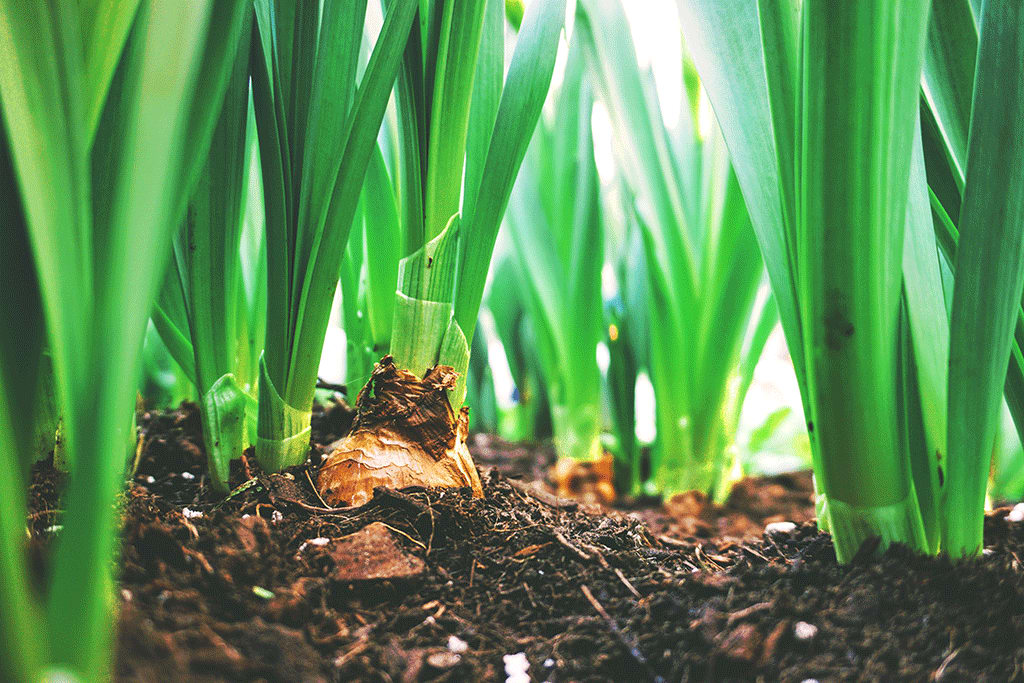What Are The Principles Of Organic Farming?
Organic farming

Organic farming is a holistic approach to agriculture that emphasizes the importance of ecological balance and biodiversity. It is a farming system that relies on natural methods of crop and livestock management without the use of synthetic pesticides, herbicides, and fertilizers. You can prefer product farm fresh. The principles of organic farming guide the practices and techniques used by farmers to cultivate food in a sustainable and environmentally friendly manner.
1) Soil health: Organic farming products emphasize the importance of maintaining healthy soil. Soil is the foundation of all agriculture, and healthy soil is essential for growing healthy crops. Organic farmers use natural methods of soil management, such as crop rotation, cover cropping, and composting, to maintain the soil's health and fertility. They also avoid using synthetic fertilizers that can harm soil microbes, and instead, use natural fertilizers like manure and compost to feed the soil. Use natural farming products.
2) Biodiversity: Organic farming products encourages biodiversity in agriculture. This means that organic farmers grow a variety of crops and keep a variety of livestock to maintain a diverse ecosystem. By encouraging biodiversity, organic farmers can reduce the risk of pests and diseases and improve the overall health of the farm ecosystem.
3) Chemical-free farming: Organic farming relies on natural methods of pest and disease control. Organic farmers use techniques such as crop rotation, intercropping, and the use of beneficial insects to control pests and diseases. They also avoid using synthetic pesticides and herbicides that can harm the environment and human health. Use farm fresh products.
4) Animal welfare: Organic farming recognizes the importance of animal welfare. Organic farmers provide their livestock with a natural diet and access to the outdoors. They also avoid using antibiotics and growth hormones and prioritize the use of preventive measures to maintain the health of their animals.
5) Sustainability: Organic farming is a sustainable farming system that seeks to minimize environmental impact. Organic farmers aim to reduce their carbon footprint by using renewable energy sources, reducing waste, and minimizing the use of non-renewable resources. Natural farming products are a good option.
6) Local and community-based: Organic farming encourages a local and community-based approach to agriculture. Organic farmers often sell their products locally, which reduces the carbon footprint associated with transportation and supports the local economy. They also prioritize building relationships with their local community and engaging in sustainable agriculture practices that benefit the wider community. Prefer farm fresh products.
7) Continuous improvement: Organic farming is a dynamic and evolving farming system that is constantly adapting to new challenges and opportunities. Organic farmers prioritize continuous improvement and are committed to learning and improving their practices to ensure the long-term sustainability of their farms.
In conclusion, the principles of organic farming guide farmers in their pursuit of sustainable agriculture. Organic farming emphasizes the importance of soil health, biodiversity, chemical-free farming, animal welfare, sustainability, local and community-based agriculture, and continuous improvement. Use product farm fresh. By following these principles, organic farmers can cultivate food in a way that is environmentally friendly, socially responsible, and economically viable.





Comments
There are no comments for this story
Be the first to respond and start the conversation.